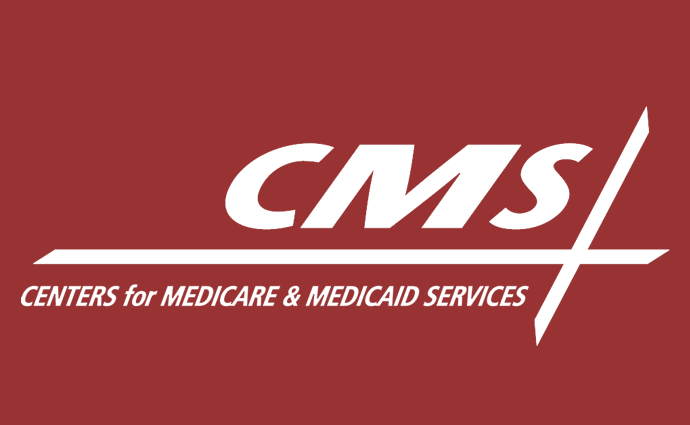CMS Approves 2 Medicaid Demos to Tackle Substance Abuse Disorders
The section 1115 demonstration waivers granted to Minnesota and Nebraska expand on existing programs to combat substance abuse disorders, particularly related to opioids.

Source: CMS
CMS recently approved two section 1115 demonstration waivers that will allow Minnesota and Nebraska to improve and expand upon their Medicaid institutions for mental diseases (IMDs) over the course of the next five years in order to combat mental health challenges and substance abuse disorders (SUDs).
Specifically, the section 1115 demonstrations will provide Medicaid matching funds for treatment in facilities that meet the definition of an institution for mental diseases (IMD) in efforts to help states tackle the nationwide opioid epidemic, reduce overuse, and improve mortality.
“The Trump administration is committed to offering a more flexible, streamlined approach to accelerate states’ ability to expand addiction treatment services during this national crisis. Whereas only a handful of states were approved for these demonstrations before 2017, our approach has allowed us to approve nearly 20 more demonstrations in just 18 months,” said CMS Administrator Seema Verma in the announcement.
Minnesota and Nebraska have been particularly affected by the opioid crisis. the National Institute on Drug Abuse (NIDA) recently found that Minnesota saw 422 opioid overdoses in 2017.
Nebraska recently saw an uptick in overall drug overdoses in 2017 – particularly opioid overdoses – after seeing relatively stable levels in the recent past, NIDA also reported. Opioid overdoses rose despite a decline in the prescribing rate over that time period.
CMS’s approval of Minnesota’s waiver allows the state to expand the services provided in IMDs so that all levels of SUD treatment are available in accordance with the American Society of Addiction Medicine (ASAM)’s suggested design.
Minnesota has recently been reforming its SUD care for Medicaid patients. The current demonstration waiver will extend funding for the six certified community behavioral health clinics (CCBHCs), which the state initiated in 2017 as part of the CCBHC demonstration program.
The CCBHCs provide person- and family-centered care that aims to be integrated, informed, data-driven, and value-based, according to the state’s Department of Human Services site. The centers collaborate with providers and healthcare systems to address mental health challenges and substance abuse. This program officially concluded on June 30 but will now be extended for the next five years.
Nebraska’s waiver builds upon its previous Heritage Health program, initiated at the start of January 2017. Through the managed care program, the state’s Medicaid agency partners with six local regions’ healthcare systems and the state’s Department of Behavioral Health. These health systems work with third-party vendors to provide services such as public inpatient facilities, public outpatient facilities, and emergency community health or SUD assistance.
According to the CMS’s approval, the state will use federal financial participation (FFP) to increase identification, initiation, engagement, treatment adherence, and treatment retention rates as well as lowering the number of drug overdoses, specifically in opioid deaths. The approval also aims to lower unnecessary emergency department visits and hospitalizations, as well as preventable or inappropriate readmissions. The plan also aims to increase Medicaid enrollees’ access to care.
These efforts focus on the Medicaid population with a substance or opioid use disorder who live in a short-term IMD facility and are between the ages of 21 and 64.
“Nebraska will be able to receive FFP for the continuum of services to treat addiction to opioids or other substances, including services provided to Medicaid enrollees residing in residential treatment facilities, subject to the requirements in the STCs,” CMS notes in the approval “Ordinarily, such residential treatment services are not eligible for federal Medicaid reimbursement due to the exclusion in the Medicaid statute of services provided to patients in IMDs.”
For both Minnesota and Nebraska, the programs will start July 1, 2019 and continue until June 30, 2024.
